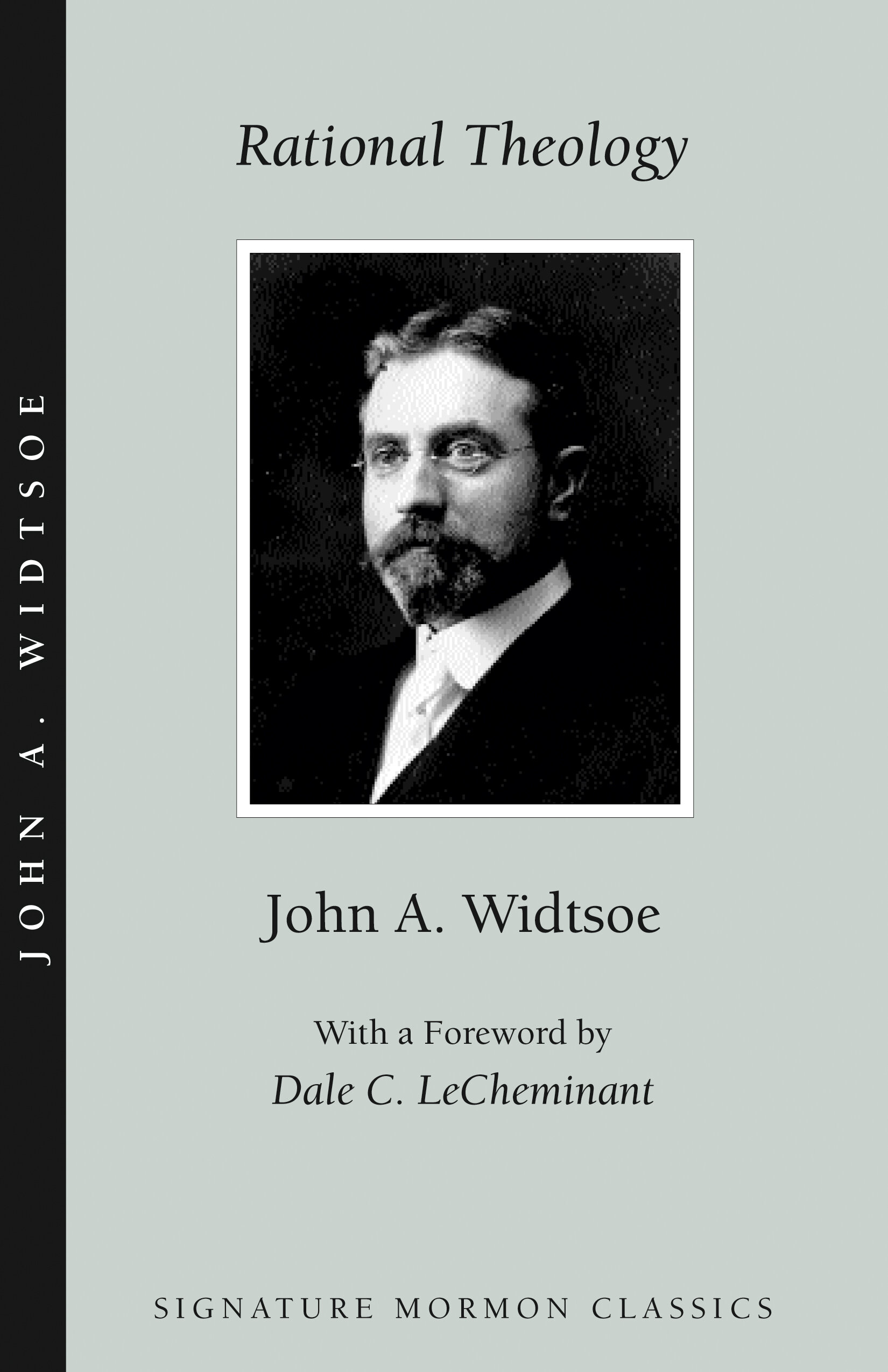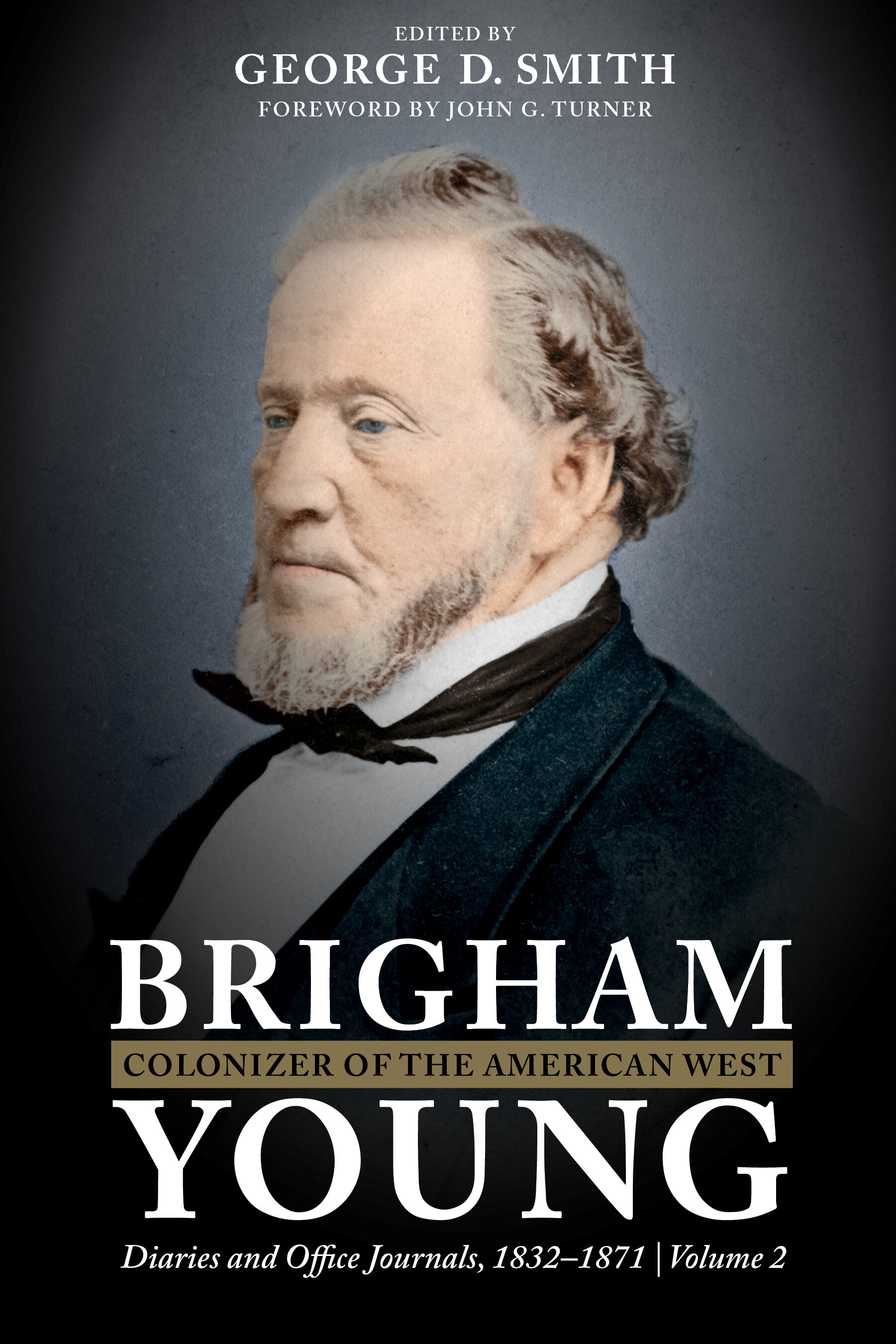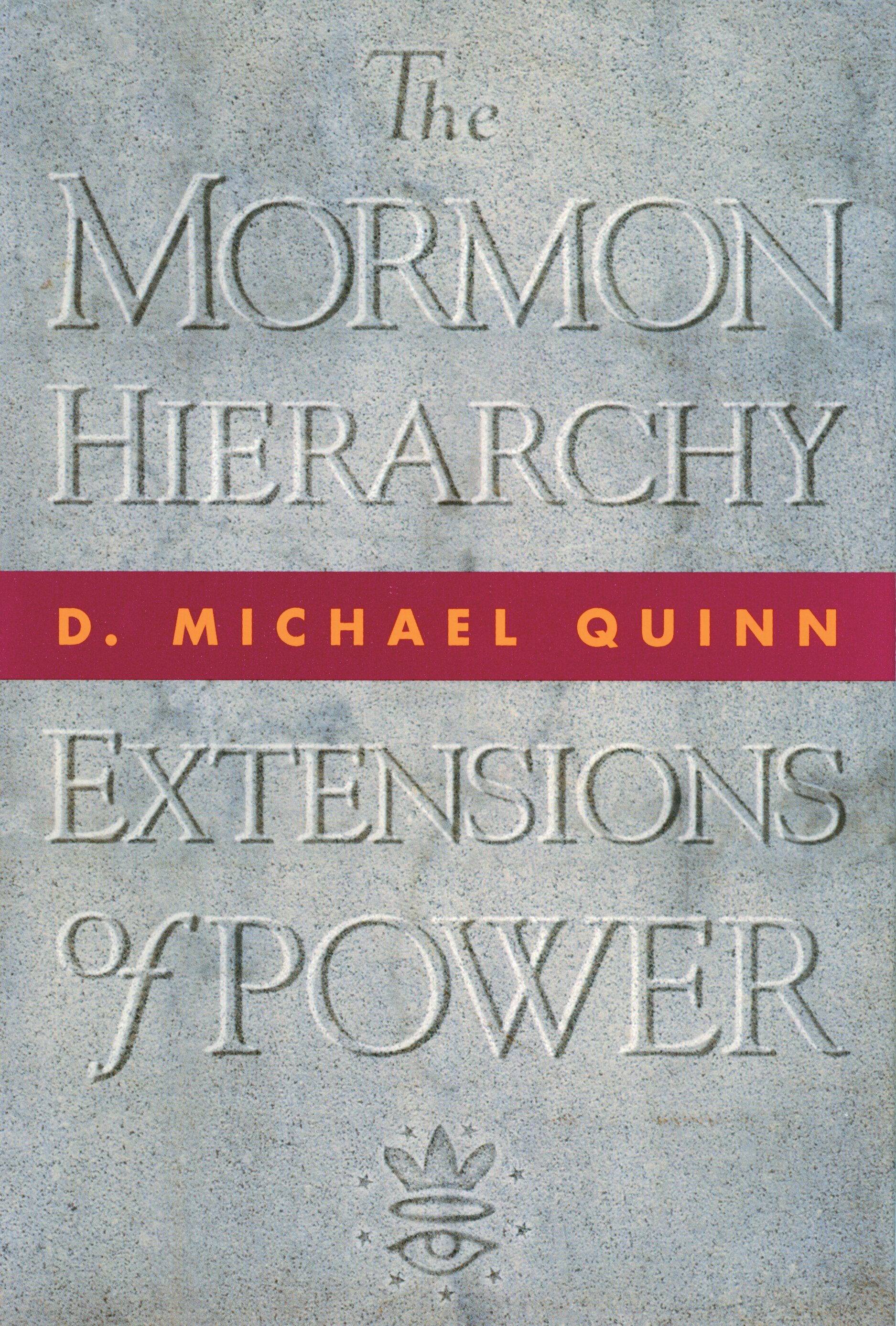Confessions of a Mormon Historian
Confessions of a Mormon Historian:
The Diaries of Leonard J. Arrington, 1971–1997
edited by Gary James Bergera
foreword by Susan Arrington Madsen
Leonard Arrington (1917–99) was born an Idaho chicken rancher whose early interests seemed not to extend much beyond the American west. Throughout his life, he tended to project a folksy persona, although nothing was farther from the truth.
He was, in fact, an intellectually oriented, academically driven young man, determined to explore the historical, economic, cultural, and religious issues of his time. After distinguishing himself at the University of North Carolina (Chapel Hill) and serving in the army during World War II in North Africa and Italy, Arrington accepted a professorship at Utah State University. In 1972 he was called as the LDS Church Historian—an office he held for ten years until, following a stormy tenure full of controversy over whether the “New Mormon History” he championed was appropriate for the church, he was quietly released and transferred, along with the entire Church History Division, to Brigham Young University. It was hoped that this would remove the impression in people’s minds that his writings were church-approved.
His personal diaries reveal a man who was firmly committed to his church, as well as to rigorous historical scholarship. His eye for detail made him an important observer of “church headquarters culture.”
3-volume hardback: $70.00 | ebook: $60.00
Confessions of a Mormon Historian:
The Diaries of Leonard J. Arrington, 1971–1997
edited by Gary James Bergera
foreword by Susan Arrington Madsen
Leonard Arrington (1917–99) was born an Idaho chicken rancher whose early interests seemed not to extend much beyond the American west. Throughout his life, he tended to project a folksy persona, although nothing was farther from the truth.
He was, in fact, an intellectually oriented, academically driven young man, determined to explore the historical, economic, cultural, and religious issues of his time. After distinguishing himself at the University of North Carolina (Chapel Hill) and serving in the army during World War II in North Africa and Italy, Arrington accepted a professorship at Utah State University. In 1972 he was called as the LDS Church Historian—an office he held for ten years until, following a stormy tenure full of controversy over whether the “New Mormon History” he championed was appropriate for the church, he was quietly released and transferred, along with the entire Church History Division, to Brigham Young University. It was hoped that this would remove the impression in people’s minds that his writings were church-approved.
His personal diaries reveal a man who was firmly committed to his church, as well as to rigorous historical scholarship. His eye for detail made him an important observer of “church headquarters culture.”
3-volume hardback: $70.00 | ebook: $60.00
Confessions of a Mormon Historian:
The Diaries of Leonard J. Arrington, 1971–1997
edited by Gary James Bergera
foreword by Susan Arrington Madsen
Leonard Arrington (1917–99) was born an Idaho chicken rancher whose early interests seemed not to extend much beyond the American west. Throughout his life, he tended to project a folksy persona, although nothing was farther from the truth.
He was, in fact, an intellectually oriented, academically driven young man, determined to explore the historical, economic, cultural, and religious issues of his time. After distinguishing himself at the University of North Carolina (Chapel Hill) and serving in the army during World War II in North Africa and Italy, Arrington accepted a professorship at Utah State University. In 1972 he was called as the LDS Church Historian—an office he held for ten years until, following a stormy tenure full of controversy over whether the “New Mormon History” he championed was appropriate for the church, he was quietly released and transferred, along with the entire Church History Division, to Brigham Young University. It was hoped that this would remove the impression in people’s minds that his writings were church-approved.
His personal diaries reveal a man who was firmly committed to his church, as well as to rigorous historical scholarship. His eye for detail made him an important observer of “church headquarters culture.”
3-volume hardback: $70.00 | ebook: $60.00
Gary James Bergera is managing director of the Smith-Pettit Foundation in Salt Lake City, the company director of Signature Books, and former managing editor of Dialogue: A Journal of Mormon Thought. He is co-author of Brigham Young University: A House of Faith, editor of Line Upon Line: Essays on Mormon Doctrine, The Autobiography of B. H. Roberts, Statements of the LDS First Presidency, and Confessions of a Mormon Historian: The Diaries of Leonard J. Arrington, 1971–1997. He is co-editor of companion volumes of Joseph Smith’s Quorum of the Anointed, 1842-1845, and The Nauvoo Endowment Companies, 1845-1846, and On Desert Trails with Everett Ruess. He is a contributing author in The Prophet Puzzle: Interpretive Essays on Joseph Smith; Religion, Feminism, and Freedom of Conscience: A Mormon/Humanist Dialogue; and The Search for Harmony: Essays on Science and Mormonism. He is also the recipient of a Best Article Award from the Mormon History Association. He is currently on the boards of the Mormon History Association and the John Whitmer Historical Society.
Biography, Documentary History, History
ISBN: 978-1-56085-246-9







